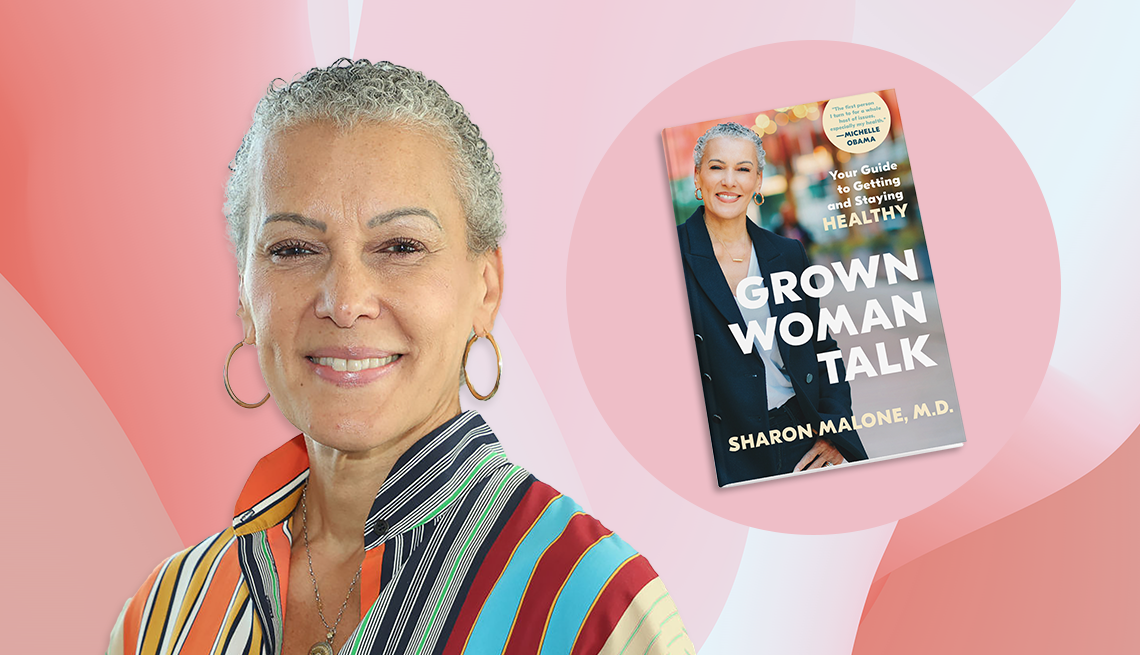
How to choose a top-notch doctor as you age
- Select a language for the TTS:
- UK English Female
- UK English Male
- US English Female
- US English Male
- Australian Female
- Australian Male
- Language selected: (auto detect) - EN
Play all audios:

This last one is important because, as a rule, the emergency room should not be your Plan B for nonemergency care. WHAT TO KNOW ABOUT VISITING THE ER I don’t know when we started adding that
sentence, “If you think you are experiencing a medical emergency, hang up and dial 911,” to doctors’ voicemail greetings, but it changed medical care forever. Just like with the appearance
of hospitalists, we didn’t discuss it. It just took hold and metastasized. It’s as if the entire medical community in America decided that we either could not or would not call our patients
back in a timely manner. And if something bad happened, the fallback would be, “Well, I told you to go to the emergency room.” Don’t get it twisted. That message is not there out of concern
for your health. It’s about medical liability. It’s what we in medicine call a CYA move — as in “cover your ass.” I know. That’s terrible, right? We put that “go to the emergency room”
thought in your head, and we, the medical profession, have to own it. The problem is, the ER — even if there’s one walking distance from your home — is not a viable substitute for having an
established medical home and an accessible doctor to advise you in times of uncertainty. Here is some news you can use: When you show up in an emergency room, they don’t know you, and they
probably don’t know your doctor either. An ER physician will evaluate you and a hospitalist will admit you if you are deemed sick enough to stay in the hospital. If hospitalization is not
warranted, you will be sent home with an instruction sheet and told to follow up with your own doctor. And let’s be clear, emergency rooms are great for some things and not so great for many
others. Trying to figure out what is and is not an emergency is what most patients need help deciding. What you should be aware of is the fact that if you do not notify your doctor that you
are in the emergency room, the chance that someone in the emergency room will let your doctor know and forward your records to their office is not zero, but it’s pretty darn close. Bet you
didn’t know that it is your responsibility to arrange for your records to be sent by any hospital that is not within the same system as your doctor. This is why it is extremely helpful to
have doctors and hospitals within the same network. Even if your doctor was not made aware that you went to the hospital, they will at least be able to see the doctor’s notes and test
results from your visit. If you are unsure whether your doctor and hospital are in the same network, rather than guess, to be safe, create an online portal account in that hospital system.
The nurse or clerk can instruct you on how to sign up. This will allow you to access all records and test results from your recent visit, which can then be printed out and taken to your
doctor when you go for your follow-up appointment. _From the book _Grown Woman Talk: Your Guide to Getting and Staying Healthy _by Sharon Malone, M.D. Copyright © 2024 by Sharon Malone, M.D.
Published in the United States by Crown, an imprint of the Crown Publishing Group, a division of Penguin Random House LLC._
